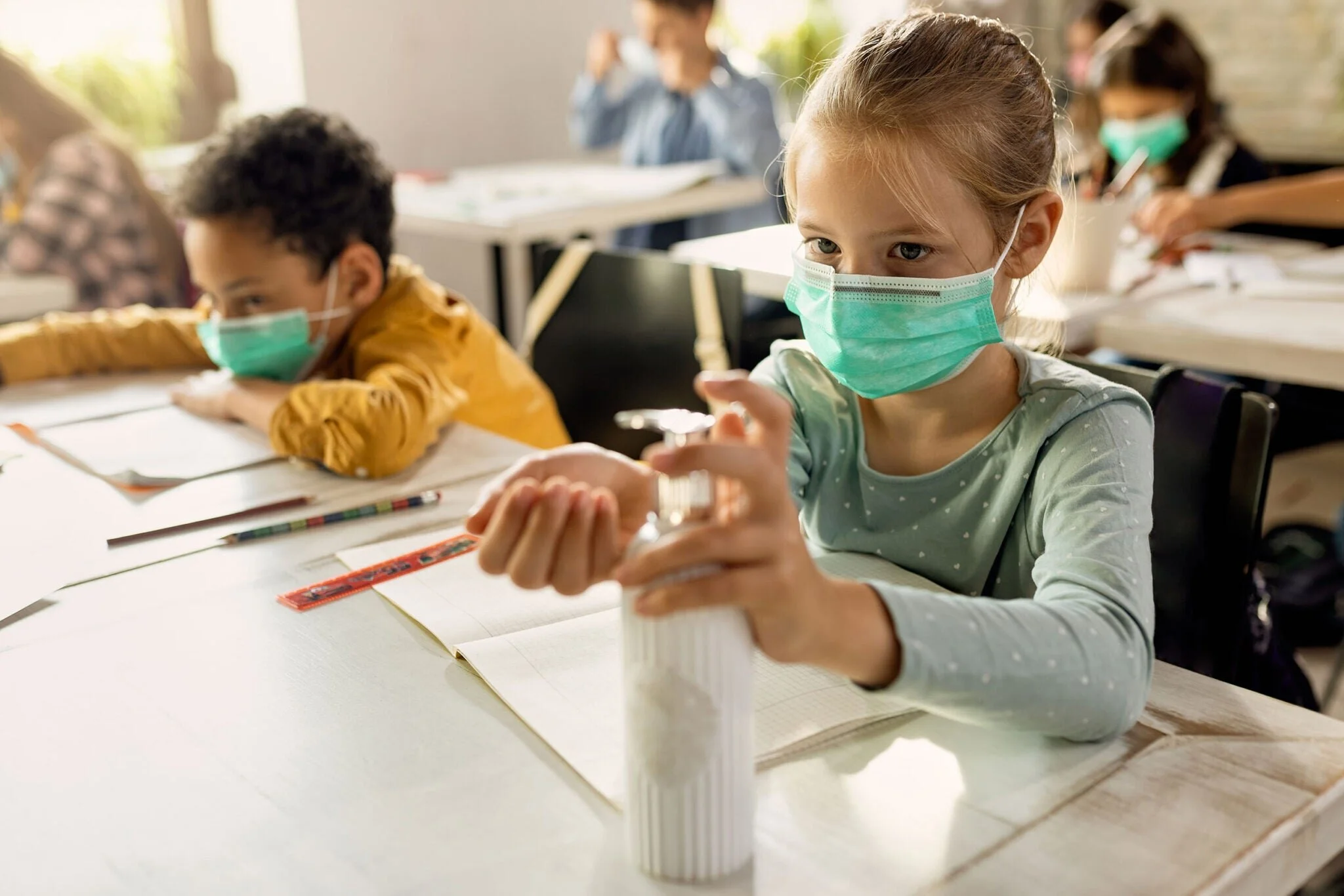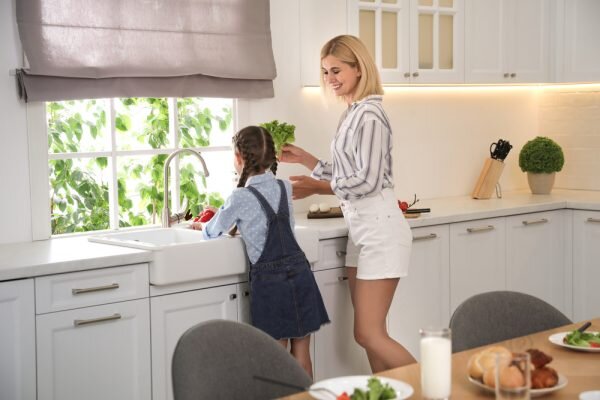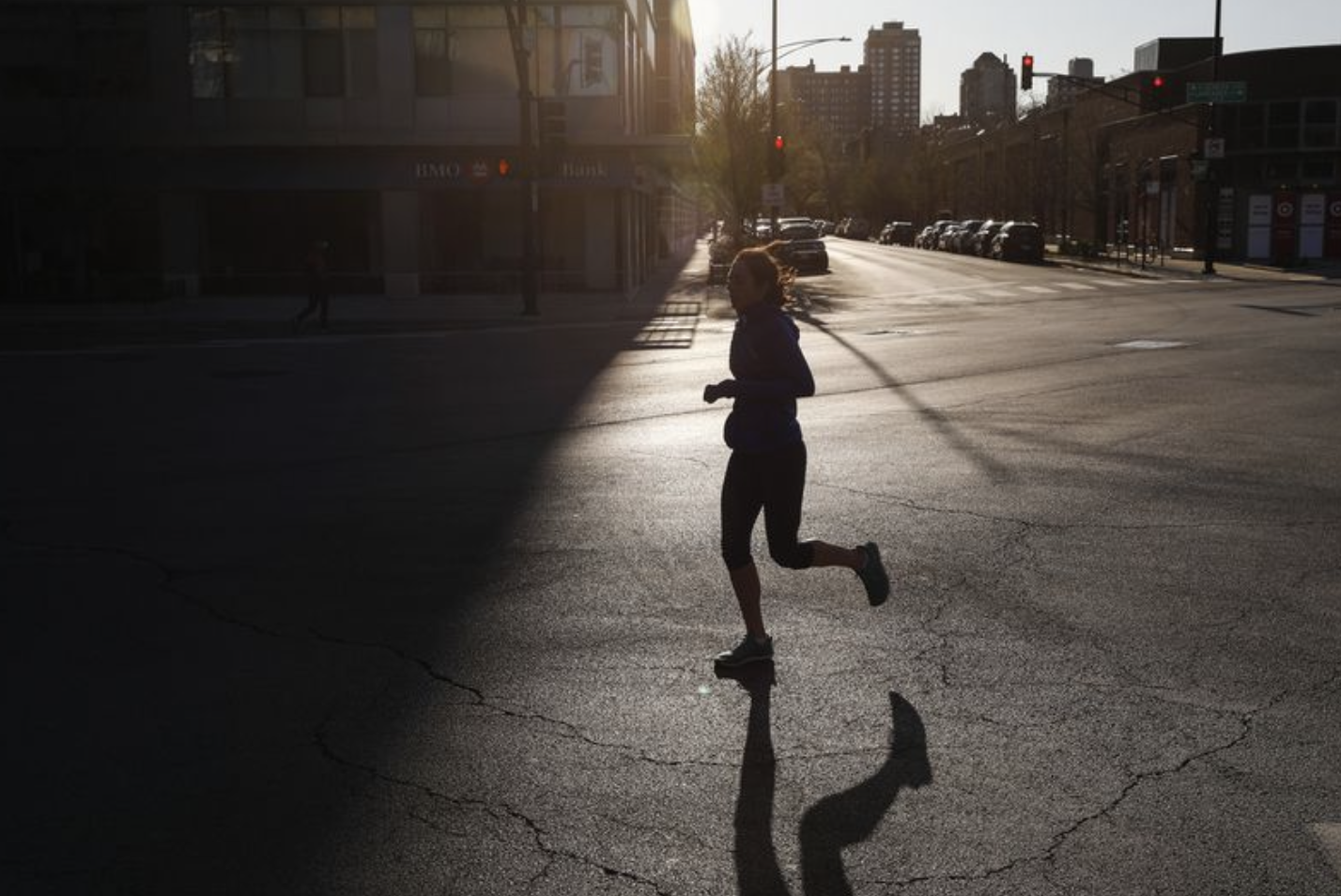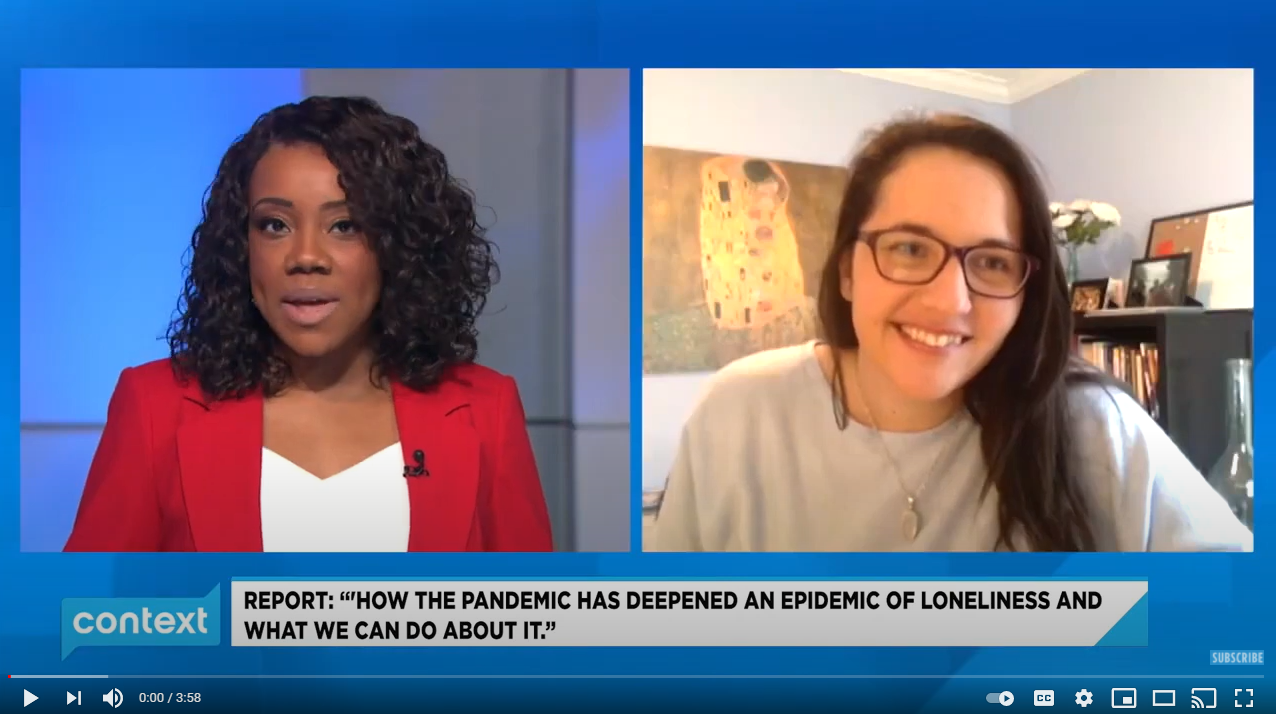Milena Batanova, Director of Research & Evaluation at MCC, writes that while there are no consistent data pointing to increasing trends of loneliness, our research, and that of others does point to a number of very real concerns–but also very practical solutions, many of which are already taking place.
Read MoreRead the latest from Making Caring Common!
You’re in the right place for our media coverage, blog posts, and event information. Our work spans a range of topics, all connected by our commitment to elevate caring and concern for the common good at school, at home, and in our communities. You can review what’s new below or use the dropdowns to sort by topic and category.
Be sure to join our email list and connect with us on Facebook, LinkedIn, and Instagram, to stay current with Making Caring Common’s news and updates. If you’re a member of the media, please visit our Media Room.
Sort by topic
- Access and Equity
- Bias
- Bridging
- Building Connection
- Bullying
- COVID
- CSN
- Caring and Empathy
- College Admission
- Consent
- K-12
- Loneliness
- Mental Health
- Misogyny and Sexual Harassment
- Moral and Ethical Development
- Parenting
- Purpose and Meaning
- Romantic Relationships
- School Culture and Climate
- School Integration
- Social-Emotional Learning
- State of Caring
- Turning the Tide
- Voter Mobilization and Civic Education
- Youth Advisory Board
Sort by category
In this New York Times piece, Claire Cain Miller cites MCC’s 2020 report on fatherhood and explores how some dads have stayed more engaged in family life since the pandemic.
Read MoreMaking Caring Common’s classroom check-in survey is a quick, easy, and confidential way for educators to assess student well-being whether students are in school or learning remotely.
Read MoreDoes our future include social robots to help combat loneliness?
It may sound like a sci-fi movie, but according to CMS Wire, "conversational AI bots are becoming the norm in Asia, and are beginning to be commonplace even in the United States."
"I think of loneliness as a social failure, not as an individual failure. And when you see that large numbers of people are lonely, I think it’s a sign that communities aren’t functioning well, that we don’t have a social infrastructure that really functions very well," says Rick Weissbourd.
In this Popular Science piece, Morgan Sweeney writes about pandemic isolation and how we can work to "overcome America's invisible health crisis."
Read MoreWhat are some pros and cons of working from home?
The last 18 months have been tiring and stressful for parents. At the same time, the pandemic also gave many fathers more time at home with their kids.
Dads are reevaluating their work-life balance, writes Joe Pinsker in The Atlantic.
Read MoreTalking to your children about going back to school and hearing their worries is crucial, especially this year.
"What parents are worried about may not be what kids are in fact worried about. It’s important for parents to inquire, find out, and listen to what kids are concerned about,” said Rick Weissbourd in this Harvard Gazette article.
Read MoreOne silver lining of being home all day every day during COVID-19 lockdowns?
Family dinner time!
Over 50% of families we surveyed ate meals together last year and would like make it a habit. Our friends at The Family Dinner Project provide some helpful tips for parents for how to build the back-to-school dinner habits that work for your family.
Read MoreHow will new fathers weigh the pros and cons of returning to an office?
“In the case of new fathers, the pandemic might have spawned a long-overdue cultural shift in how to balance workplace and family life," writes Conor Sen in the The Washington Post.
Read MoreThe U.S. Department of Labor's American Time Use Survey confirmed that dads spent more time with their kids in 2020.
"One of the questions is are fathers going to take the first train back to normal here ... or are they going to maintain some of this time and some of this closeness?” Rick Weissbourd asks in this Reuters article about the survey's results.
Find out more about how Americans spent their time last year during the pandemic.
Read More"Helping people who are lonely or depressed is hard. If we’re going to build the kind of society we want, we’re all going to have to sacrifice,” says Rick Weissbourd in the Chicago Tribune.
Read MoreDid you know that the new U.S. Census Bureau’s report shows that the number of children living in father-absent homes is down to 18.3 million?
Lake Country News cites our fatherhood research in this piece about the new data.
Read MoreWhat can we encourage with the carrot of educational access? And what supports must be in place to make these incentives effective?
Brennan Barnard writes in Forbes about enticing education, innovating incentives & supporting scholarships.
Read MoreStudents’ capacity for empathy can be developed by learning to appreciate other people’s stories. During this webinar, we’ll explore a strategy in which students share their own and other's stories in order to develop insight into the nuances of others' lived experiences, values and perspectives.
Read MoreStorytelling is a powerful tool for eliciting emotion and curiosity. It can be especially valuable in prompting students to reflect on their own identities and values, and to recognize that despite people’s differing stories, we all share commonalities. Stories allow us to bridge difference through understanding and connecting emotionally with others, even when we are physically apart. This session will share a strategy in which students identify and investigate their personal set of values and what/who matters to them. Students will use these values to guide the telling of (and making sense of) their own story.
Read More"The reality is this: Selective colleges, a portal to leadership and power in a wide array of fields, can now educate far more—and far more diverse—students...And they could create these pathways without threatening their revenue," argue the authors of our recent white paper.
Read more in this Inside Higher Ed piece by Scott Jaschik.
Read MoreCheck out this segment on Context Beyond the Headlines that references our Loneliness in America research and highlights the report's findings. MCC's Milena Batanova is featured in this interview about examining the impact of the pandemic on mental health.
Read MoreDue to the pandemic, for the first time since the Great Depression, the majority of young adults currently live with their parents, according to a 2020 study by the Pew Research Center. Antonia Lehnert elaborates on this, noting that “for many, college provided a much-needed structure to their lives. The summer leaves many wading in the emptiness of quarantine.”
Read MoreWhat do college admissions and pharmaceutical companies have in common? If a pharmaceutical company could “produce exponentially more vaccine doses but chose not to, there would be an uprising. And, if that pharmaceutical company disproportionately made the vaccine available to rich, white citizens, people would cry foul. A version of this happens every year in college admission, and unconscionably a culture of exclusivity celebrates this phenomenon rather than questions the inherent absurdity, inequity, and impact on qualified applicants." writes Brennan Barnard in Forbes.
Read More




















